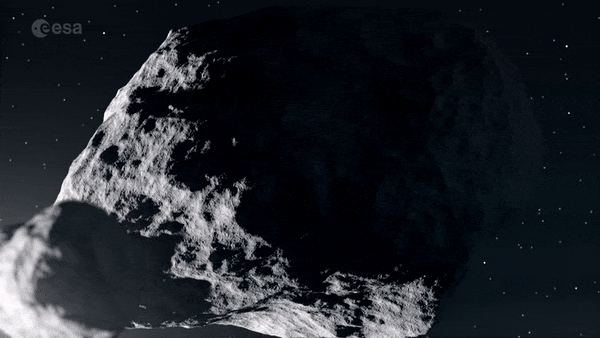
Martian Climate Did Not Change From Wet to Dry All at Once
The Curiosity rover observed changing types of geologic beds making up Mount Sharp, where the composition alternated between wet environment and dry.

Dust Bunny Asteroids and Queen Guitarist Dr. Brian May
Rubble pile asteroids like Didymos and Benne should have flung themselves apart due to their rotation, but enough dust can glue a boulder pile into an asteroid.

Examining the Interstellar Journey of Carbon
New studies found that worlds really need to start with a lot of carbon locked in their cores to get to keep enough carbon to eventually support life

Where’s My Hoover? Over 5,000 Tons of Space Dust Fall to Earth Each Year
Samples collected from snow in Antarctica which are unaffected by terrestrial dust show that over 5200 tons of interstellar dust fall to Earth every year.

What’s Up: Satellite Constellations and Light Pollution
New research shows that satellite constellations have increased overall light pollution by 10% over natural light, but you should still go out and look up.

Quasar Pair Found in Far Distant Merging Galaxies
Scientists have found a pair of merging galaxy systems each with a pair of quasars in the heart of the mergers using the Hubble and Gaia space telescopes and the Gemini North telescope in Hawaii.

How Underground Volcanic Reservoirs Affect Small Lakes
East Lake near Newberry volcano in Oregon is fed by subsurface volcanic gases, leading researchers to question the potential for limnic eruptions that could heavily impact life in the area.

Hotter Mantle May Have Kept Earth a Water World in Archean Eon
A significantly hotter mantle about 3.5 billions years ago may have lead to Earth being covered entirely in an ocean, changing the climate under which life evolved.

Got Chafing? Burnt-out Comet Found Covered in Talcum Powder
A dead, burned-out comet has been found that is covered in a layer of large-grained phyllosilicate, also knows as talcum powder.

New Type of Crater Lake Found on Mars, Was Fed by Glacial Runoff
A crater on Mars has recently been found to provide evidence of a glacial lake, indicating that Mars experienced periods of warming during its ice ages.




 Join the Crew!
Join the Crew!
 Escape Velocity Space News
Escape Velocity Space News